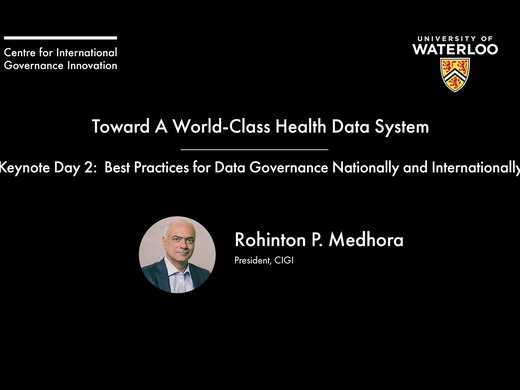Generally speaking, those who study forced migration and those who advocate for solutions to forced migration spend little time studying xenophobia. This paper has aimed to address that gap by examining xenophobia in the context of refugees, first by considering definitions of xenophobia vis-à-vis other terms, including racism and nativism, and next by looking at the roots of xenophobia, which include not only political, social and economic grievances and uncertainty but also competition for scarce resources and the belief that one’s own nation-state or group is superior to others. The paper then reviews some expressions of xenophobic rhetoric and actions, and their impacts, before considering key issues and challenges in overcoming xenophobia.
Looking at successful attempts in combatting xenophobia provides lessons for those engaged in research and advocacy. Recommended actions include holding governments more accountable for their failures to protect people’s rights; identifying and fighting against policies that incentivize xenophobic behaviour; recognizing that pro-migrant programming can backfire; identifying political actors who promulgate xenophobia and choosing interventions carefully; and seeking greater collaboration and creativity among different actors working to combat xenophobia. The use of localized approaches emerges from the literature as particularly important.
The backdrop of the UN Refugee Agency’s global compacts on refugees and for migration makes the moment ripe for further discussion on how to reduce xenophobia and increase responsibility sharing in refugee situations. Likewise, the prominence of political regimes that draw on xenophobic rhetoric and even encourage xenophobic actions means that finding new ways to reduce xenophobia is more important than ever.


